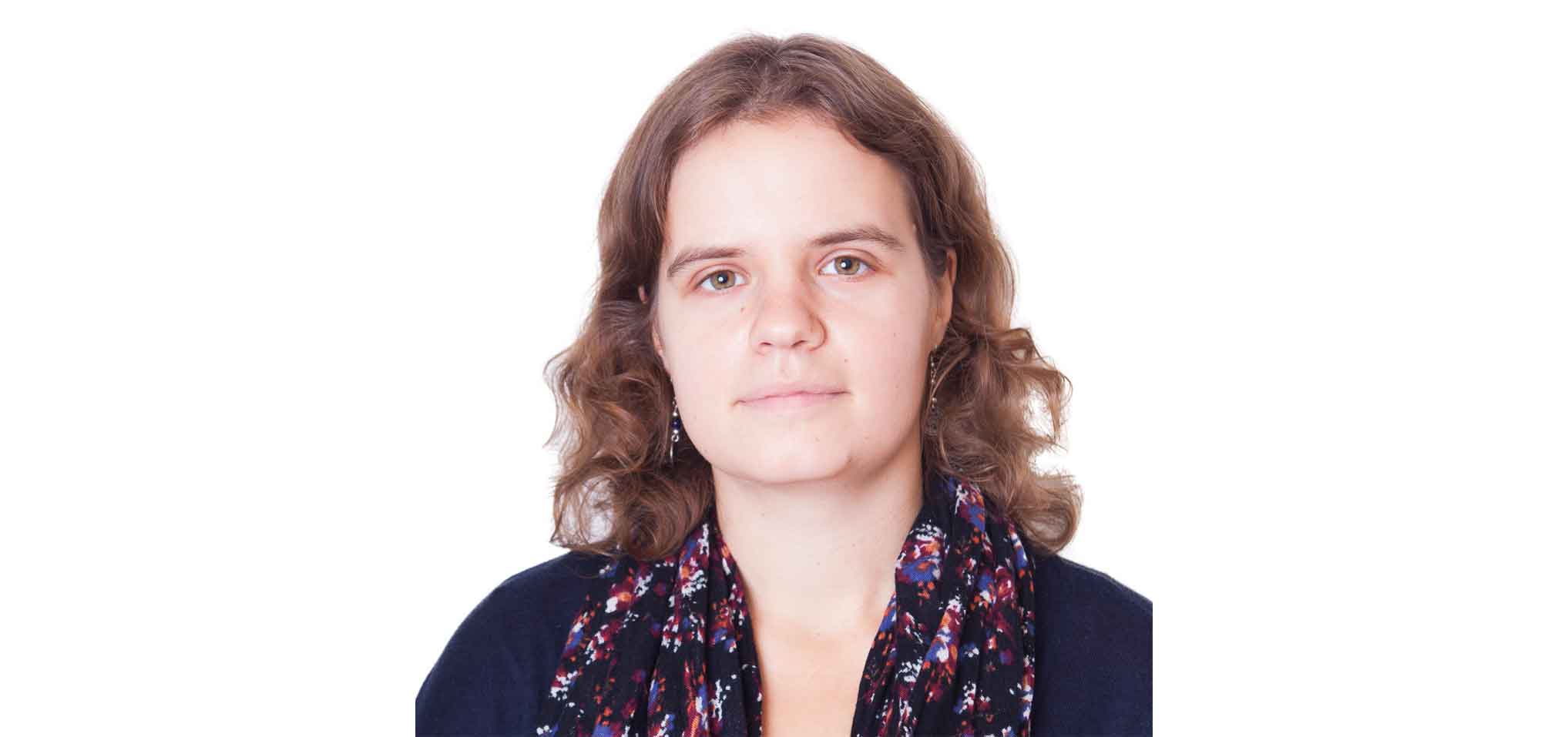The Netherlands didn’t do extremely well in Eurovision, but a day later Paula Dubbink’s country had a big win in car racing. But how logical is it that she should be happy for that?
An 18-year old had the day of his life this Sunday in Spain. He became the youngest person ever to win a formula 1 race. And as he was Dutch, I was congratulated by several people only hours after the event had happened. It was a kind gesture and I might have done the same if the boy had been Swedish.
But why actually am I congratulated with a teenager that I have never met coming from a country that I don’t live in anymore that won a championship in a sport that I am clearly not a fan?
Simply: because we have a passport that comes from the same country. Because we are both Dutch, I am supposed to cheer.
In some way that is strange. Most Swedes I know, especially the many intellectuals that inhabit a city as Lund, speak in degrading manners about nationalism. They make fun of aspects of Swedish culture. They are proud not to celebrate National Day. They don’t sing the national anthem with tears in their eyes. They gladly speak English with anyone they meet.
At the same time, we are living in a world that is completely incapable of letting go of country boundaries, the Swedes included. I am not even talking about the political situation in most of the world right now. Just consider the soccer competition: while we teams are more international than ever throughout the year, the biggest competitions are still the World or European Championships. And there it’s still country against country, including national anthems and flags.
On Saturday night, the Eurovision Song Contest was held in Stockholm. And while Måns Zelmerlöw hopefully didn’t think that the ESC would solve the refugee crises when he said that “especially in these times, Europe has to come together”, the slogan “Come Together” was certainly meant to increase cohesion and understanding between the different participating countries.
The result at the end of the evening? Russia is critical about Ukraine’s win, Ukraine is posed with the challenge of organizing an ESC next year and as usual everyone complains about countries giving too many points to their neighbors.
Did we have a fun night? I guess so. Did everyone “Come Together”? That could be discussed. And it might be unavoidable, if you are organizing an event in which the different countries compete against each other.
No, if we really want to come together, I propose a radically different strategy for next year’s Eurovision: we let every country send two delegates: a singer and a dancer. Then we form international teams, with three dancers and three singers of in total six different countries. The composition of the teams can be random, but preferably with Russia and Ukraine in one team.
The team that at the end of the night has come up with a song and still is friends with each other, wins.
That’s what I call “Coming Together” for real.






